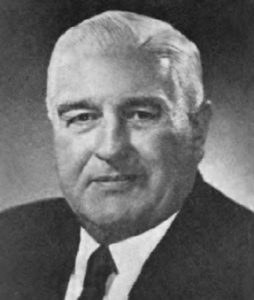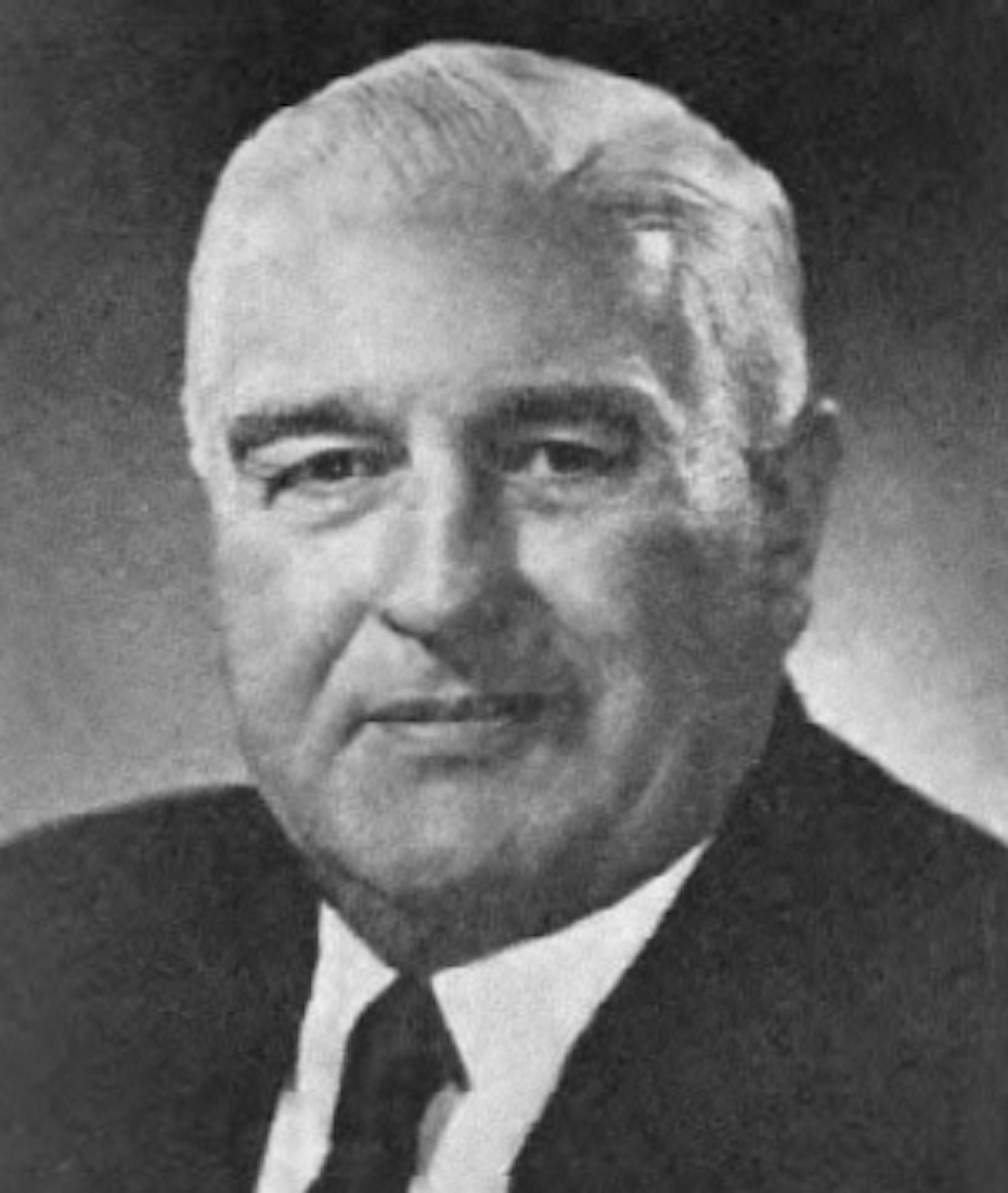BBG Watch History Commentary
This Cold War History Museum presentation shows how officials in charge of the Voice of America (VOA) in the early 1950s responded to former employees, members of Congress, and other outside critics who quite justifiably accused them of censorship in favor of the Soviet Union.
There are a few lessons to be learned from this history for those watching how the current leadership of the Voice of America and the Broadcasting Board of Governors (BBG) responds now to critics of the management of VOA broadcasts to China and VOA and RFE/RL broadcasts to Iran.
In the early 1950s, VOA officials denied all the charges leveled against them, vilified their critics by tarnishing their reputation, and presented their own undeniable failures as the proof of impact and success.
Congress, however, generally sided with the critics of the Voice of America management. These critics included the listeners behind the iron curtain and a remarkable, multilingual refugee journalist, Julius Epstein, a former VOA German Desk editor during World War II.
Thanks in great part to his efforts, a bipartisan select committee of the House of Representatives issued in 1952 a strong condemnation of Voice of America’s management and VOA’s Soviet coverage.
This congressional criticism produced some limited programming reforms at VOA in later years. The main outcome of the criticism was the creation of Radio Free Europe and Radio Liberty as semi-private entities separate from the Voice of America and the establishment of the United States Information Agency (USIA) into which VOA was incorporated in 1953.
How a refugee journalist exposed Voice of America censorship of the Katyn Massacre
Fascinating and until now generally unknown details of how a single refugee journalist, Julius Epstein, exposed Voice of America’s (VOA) censorship designed to cover up Soviet responsibility for the 1940 Katyn Forest massacre of nearly 22,000 Polish POW officers and intellectual leaders can be found in several volumes of the Congressional Record from the early 1950s and in formerly classified U.S. government documents. These records also show how senior Voice of America officials vilified Epstein for his criticism and questioned his integrity in an attempt to confuse and mislead members of Congress and the American public. Their efforts to prevent a looming congressional inquiry from focusing on them and the Voice of America were ultimately unsuccessful even as they tried to tarnish Mr. Epstein’s reputation and present themselves as defenders of truthful and reliable journalism.
On September 18, 1951, the House of Representatives unanimously adopted House Resolution 390 calling for the establishment a bipartisan select committee to investigate the Katyn massacre. In 1952, the committee issued its findings which included a scathing condemnation of how the management of the Voice of America dealt with the Soviet wartime mass murder from April 1943, when Nazi Germany first announced the discovery of the Katyn graves.
 Prior to the creation of the investigative committee, on December 11, 1950, Congressman Philip J. Philbin (D-MA) inserted in the Congressional Record the text of Julius Epstein’s talk delivered earlier in a program on a Polish American radio station in Massachusetts. In it, Epstein described how the management of the Voice of America tried to hide the truth about Katyn, first by broadcasting Soviet propaganda lies about it during World War II with the help of its own pro-Soviet journalists, and after the war by limiting VOA’s coverage of American efforts to investigate the Soviet war crime and generally avoiding reporting on it, this time against the wishes of some of the newly-hired anti-communist refugee broadcasters.
Prior to the creation of the investigative committee, on December 11, 1950, Congressman Philip J. Philbin (D-MA) inserted in the Congressional Record the text of Julius Epstein’s talk delivered earlier in a program on a Polish American radio station in Massachusetts. In it, Epstein described how the management of the Voice of America tried to hide the truth about Katyn, first by broadcasting Soviet propaganda lies about it during World War II with the help of its own pro-Soviet journalists, and after the war by limiting VOA’s coverage of American efforts to investigate the Soviet war crime and generally avoiding reporting on it, this time against the wishes of some of the newly-hired anti-communist refugee broadcasters.
Photo: Rep. Philip J. Philbin (D-MA)
READ MORE: How a refugee journalist exposed Voice of America censorship of the Katyn Massacre, Cold War Radio Museum, April 16, 2018

